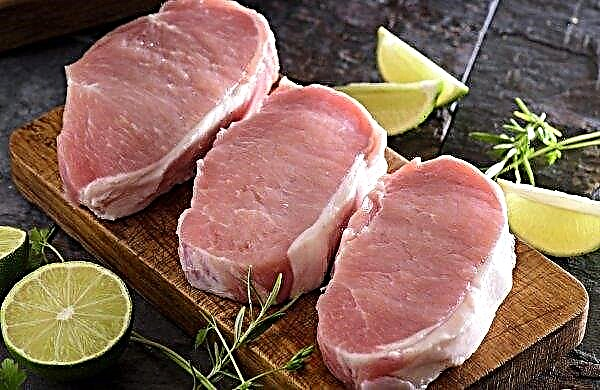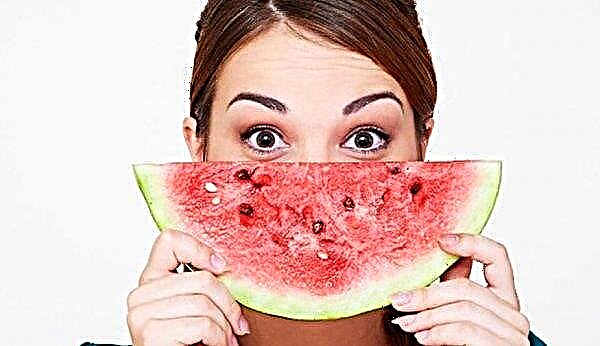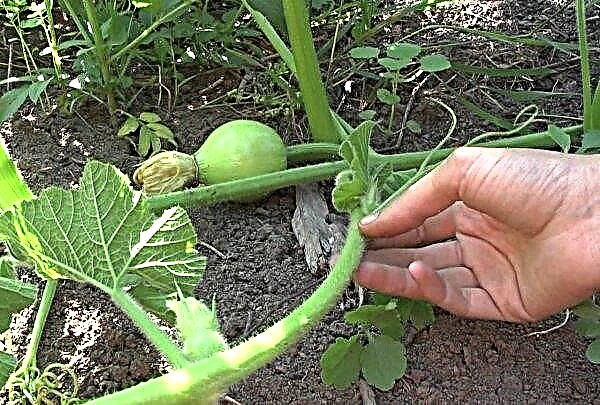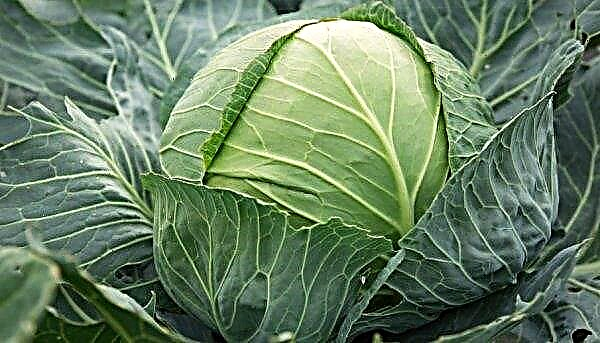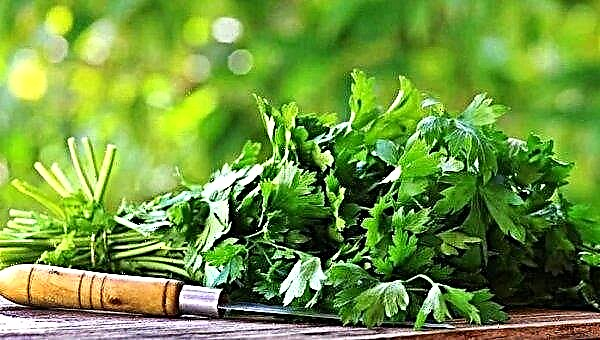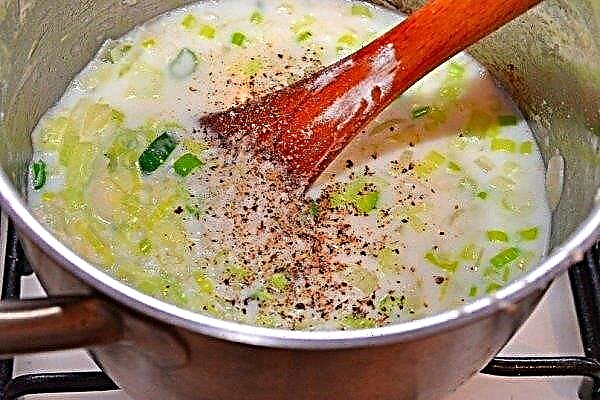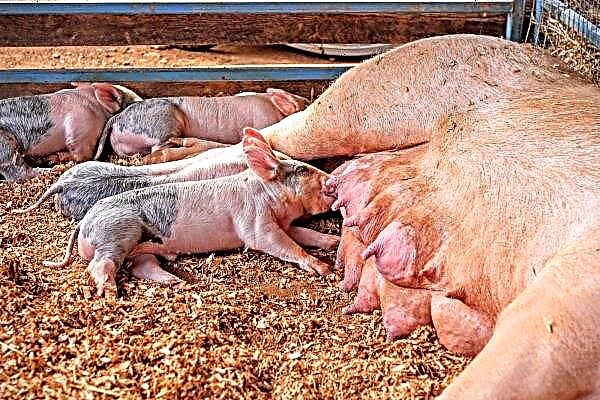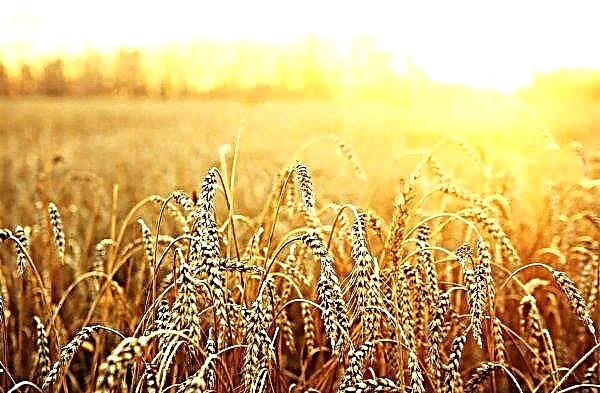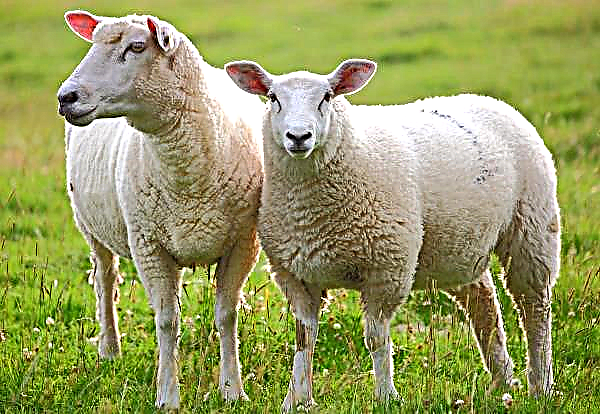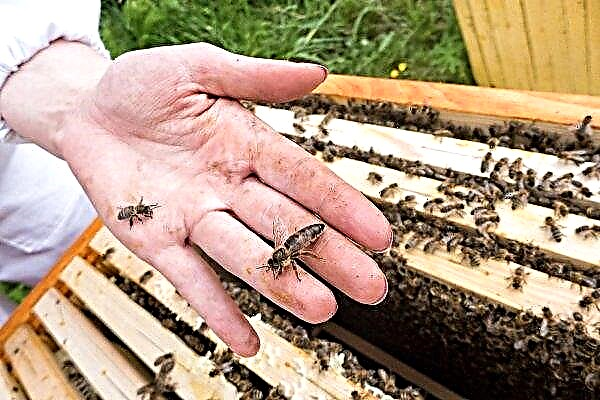Starting last week, the Republic of Belarus temporarily stopped issuing the necessary certificates of quality and phytosanitary compliance for products that are on the list of sanctioned goods of the Russian Federation.
As a result, one of the main channels for exporting prohibited products to Russia was closed. This led to a situation when domestic restaurateurs were at the epicenter of a total deficit of exotic greenery. We are talking about products such as Romano salad, leek and radishcho salad.
The fact is that these types of greenery are not currently grown in Russia on such a scale that could cover the existing demand among restaurateurs and retailers of the Russian Federation. The whole amount of salad that is purchased for cooking in restaurants and cafes is purchased abroad. However, now, when import is suspended, the cooks of restaurants in different parts of Russia are at a loss about what to add to their guests' favorite salads and other gourmet dishes.
Note that before the introduction of sanctions by the Russian Federation in 2014, exotic greens were supplied to the domestic market directly from the gardens of European farmers. However, with the introduction of the food embargo, the supply channel from the European Union closed, and buyers had to be content with salads and leeks from Iran and the Republic of Belarus (which, by the way, supplied exotic varieties of greens to the Russian market even before the imposition of sanctions).
Today, the issue of greens is quite acute in Russia. The experts of the Ministry of Agriculture drew attention to the problem and are trying to find ways to solve it.

